Newly Diagnosed
Receiving a Diagnosis of PCDH19 Epilepsy
Getting a PCDH19 diagnosis can feel overwhelming — but you’re not alone. We are here to help you take the first steps with confidence and support. You’ll find essential information, answers to common questions, and guidance on where to turn next. We’re here to walk alongside you as you begin this journey.
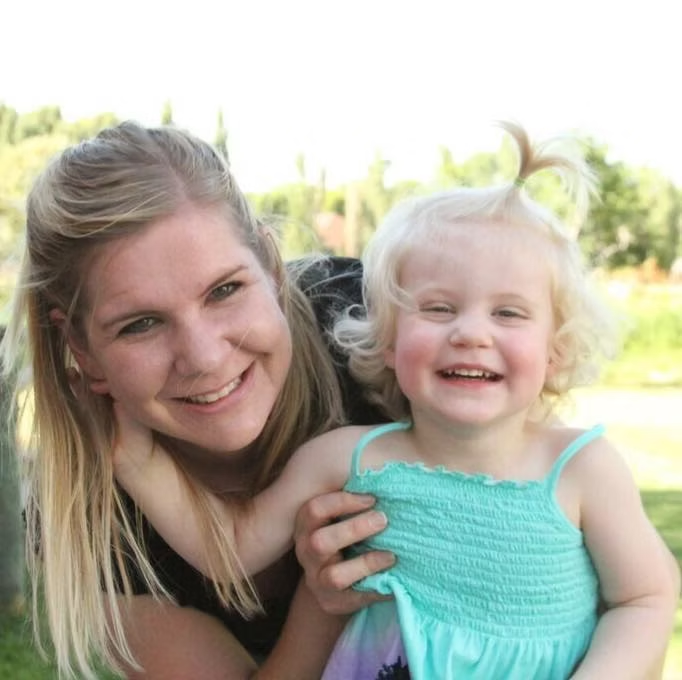
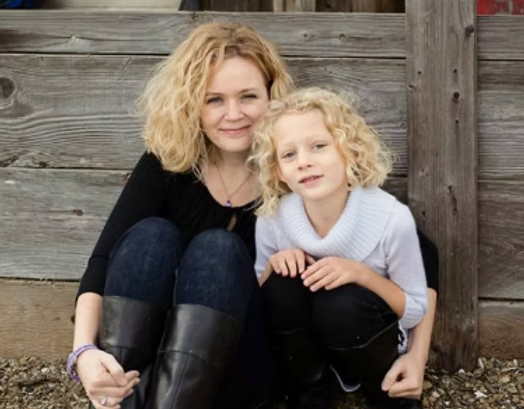
A Word From Our Founder
We are so glad you have found us. You have likely recently heard the words, “PCDH19 Epilepsy” for the first time and have found us while searching for answers and information. Some of you have been on this journey for several years, and you may be feeling relief to finally have a diagnosis. If your child is very young, you may still be dealing with the shock of the initial seizures. You may be feeling a mix of different emotions that you don’t quite understand yet. Wherever you are on your personal journey with PCDH19 Epilepsy, we have been there, and you are not alone. We are here to support you, and provide you with information.
While getting a diagnosis of PCDH19 Epilepsy may seem devastating, do not lose hope. The PCDH19 Alliance believes in a better future for our children and ultimately a cure. Together, our families work tirelessly to raise awareness and funds for research because we believe that a cure is out there, and together we will find it.
– Julie Walters
President and co-founder of the PCDH19 Alliance
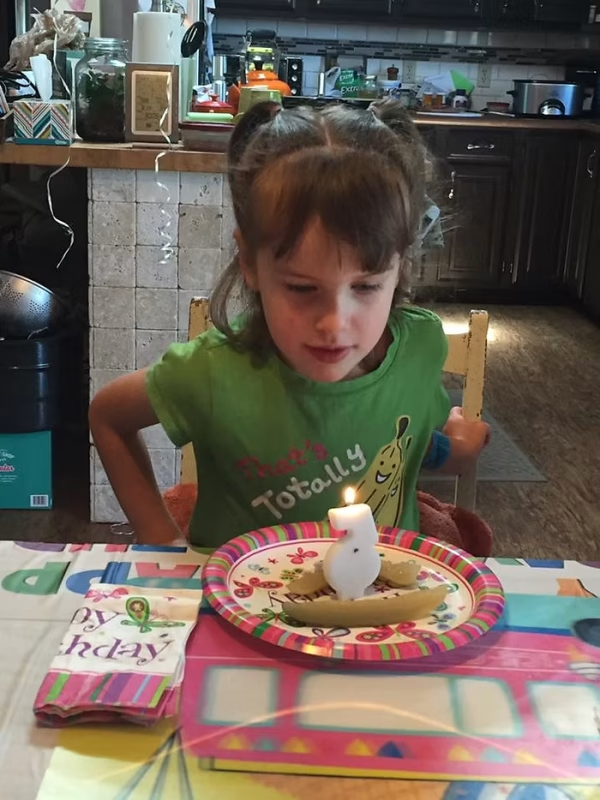
About PCDH19
What is PCDH19 Epilepsy?
PCDH19 Epilepsy is a disease with a wide spectrum of severity in seizures, cognitive delays and other symptoms, which are all caused by a mutation of the PCDH19 gene on the x chromosome.
We have compiled a summary of PCDH19 symptoms and a brief explanation of how it is passed on genetically. It is important to remember, however, that this epilepsy manifests differently in each individual. Not every girl or woman (in rare cases, boys/men) will experience all of the symptoms, and those sharing common symptoms may have a wide range of severity and frequency.
Find Support for Your Family’s PCDH19 Journey
If your child has recently been diagnosed with PCDH19, we know how overwhelming the journey can feel. But you don’t have to face it alone. The PCDH19 Alliance offers a range of support to help you navigate this new reality, connect with others who understand, and find reliable information and encouragement along the way.
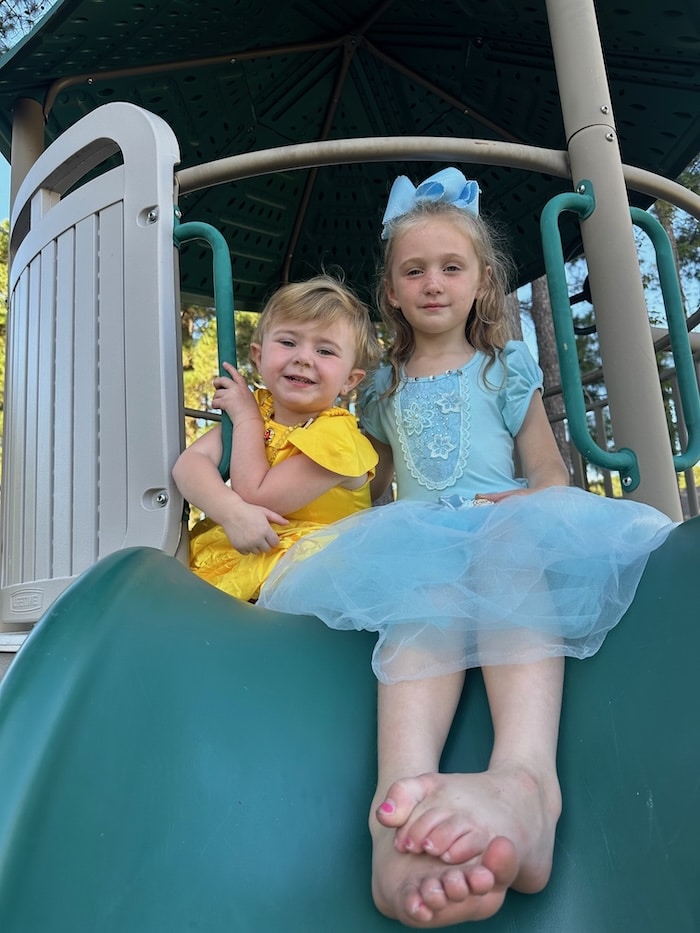
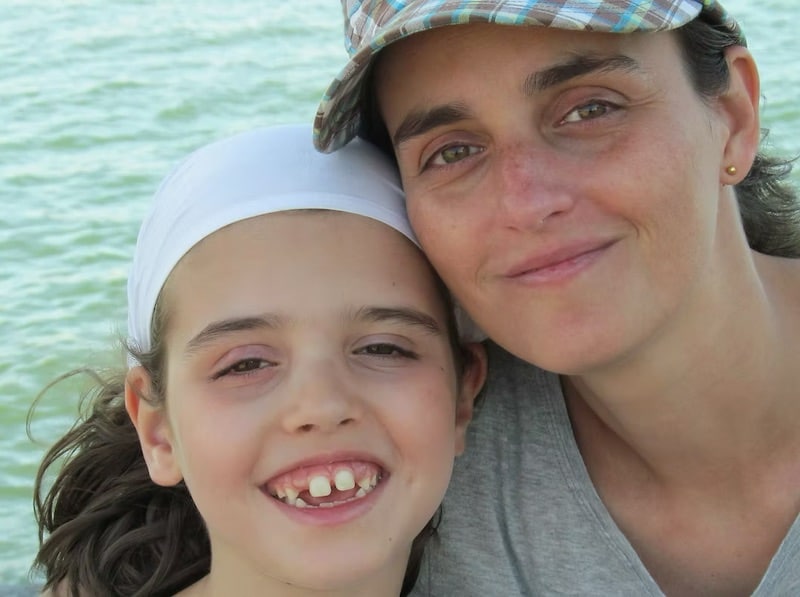
Ask the Alliance
Have questions or need someone to talk to? Ask the Alliance is a personal support service where you can schedule a one-on-one call with Julie, a fellow PCDH19 parent and experienced advocate. Whether you’re navigating a new diagnosis, looking for resources, or just need a listening ear, Julie is here to help. It’s a chance to connect with someone who understands and can guide you to the information and support you need.
Educational Resources
We offer a wide range of educational resources to help families better understand PCDH19. From guides on symptoms and treatment options to tips for daily care and school support, our materials are designed to be clear, practical, and easy to use. Whether you’re just learning about the condition or looking for specific tools to support someone you love, our resources can help you feel more informed and empowered.

Understanding PCDH19 Epilepsy: A Guide from the PCDH19 Alliance
Learn more about the mission and impact of the PCDH19 Alliance—a volunteer-run organization dedicated to supporting families affected by PCDH19...
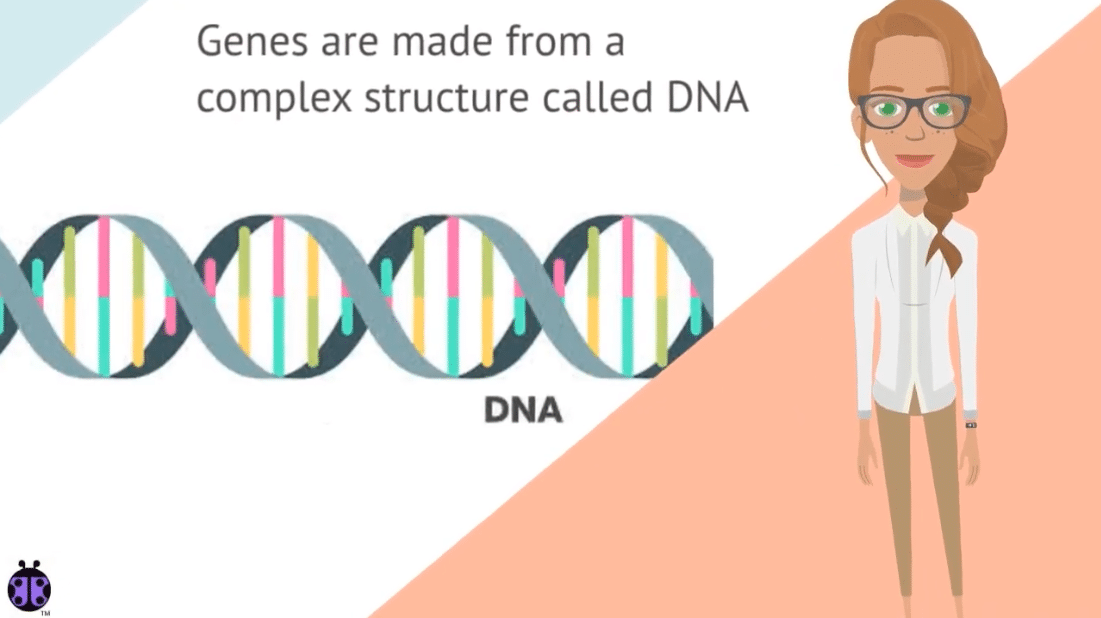
PCDH19 Genetics 1: Understanding Genes & Chromosomes
Learn more about the genes and chromosomes related to PCDH19. This is the first in an ongoing series of instructional...

State-by-State PCDH19 Resources
Explore resources related to PCDH19 Epilepsy in your state....
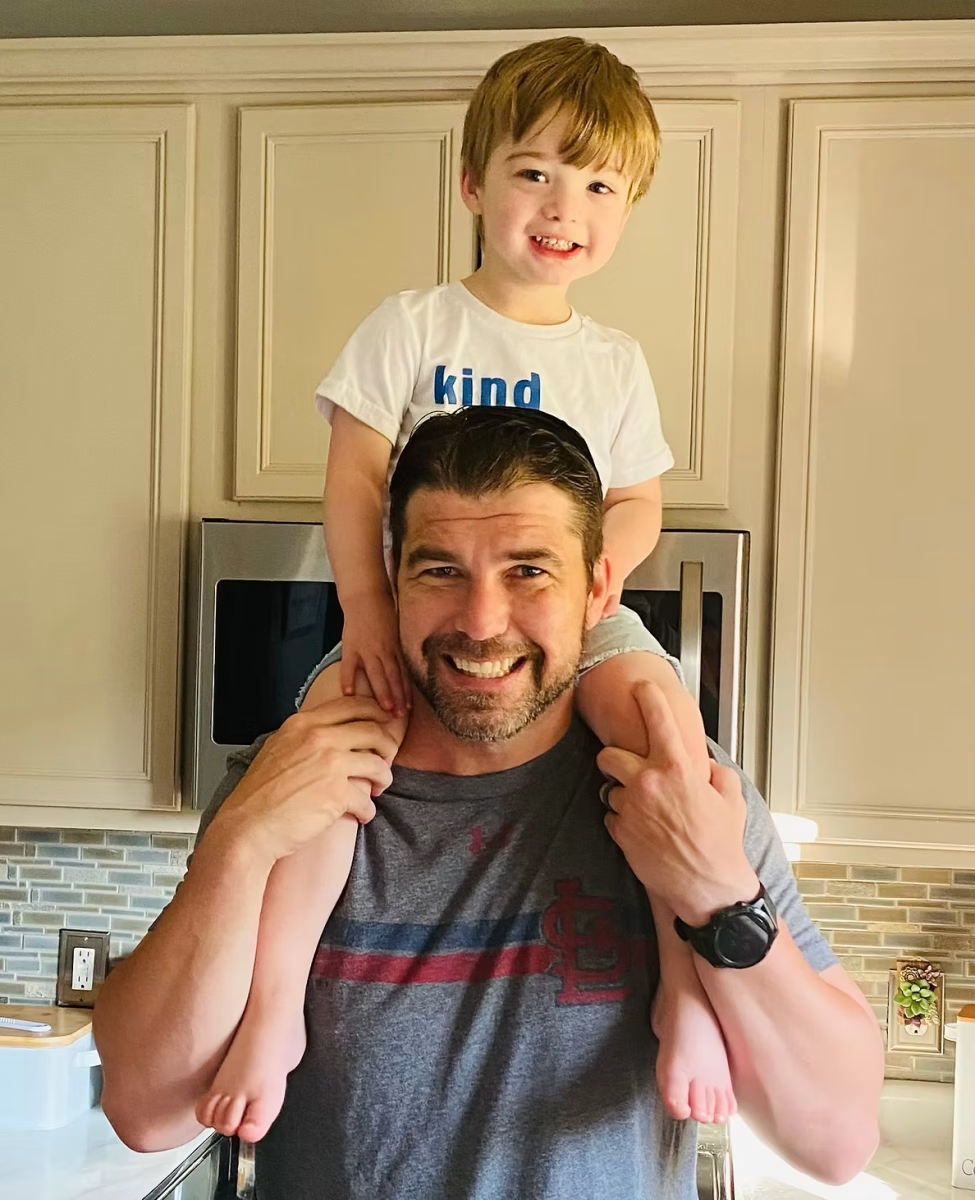
My First 18 Months as a PCDH19 Dad
What is PCDH19? I remember asking this question over and over when we received the diagnosis for Louie. I always...
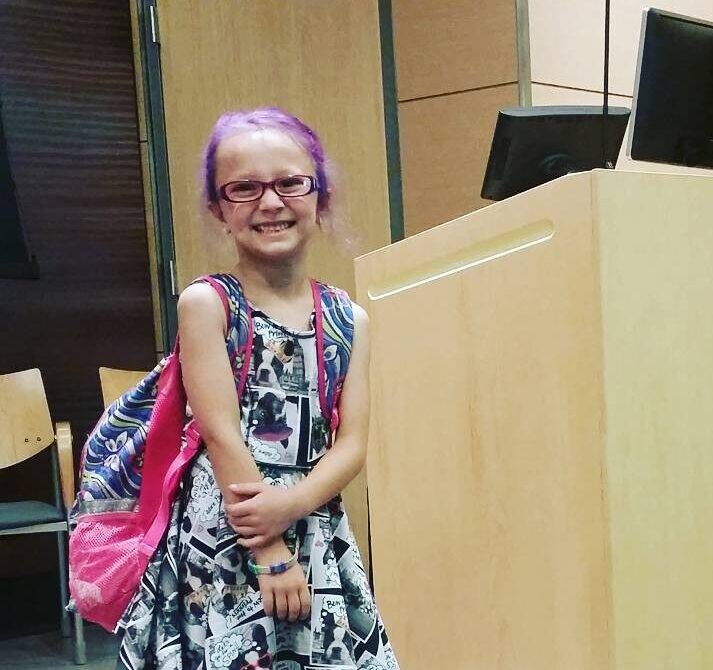
On Becoming an Epilepsy Advocate
Years ago, when we were just starting on our journey with PCDH19, someone suggested that I work to raise awareness...
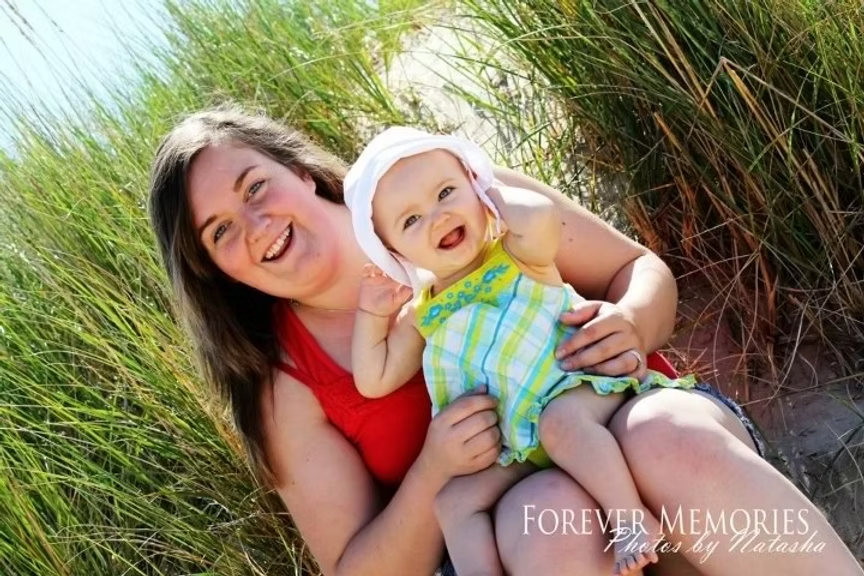
PCDH19 Moms
Moms of kids with PCDH19 are often fierce advocates, medical managers and public educators. First and foremost though, we are...
Stories from Our Community
Read stories from families and individuals impacted by PCDH19 to find insight, encouragement, and a reminder that while every journey is unique, we’re all in this together.

A hike from the heart – PCDH19 Life
This summer, my husband and I took our kids on a road trip through Utah and Colorado. We drove through...
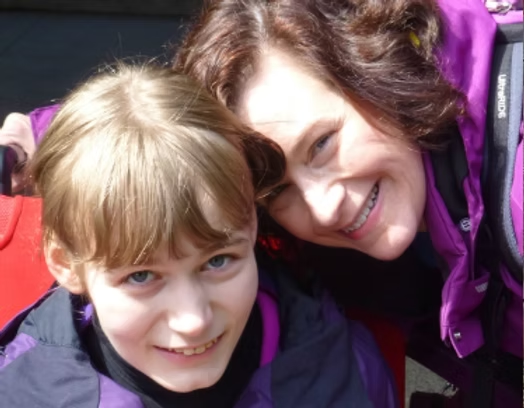
Transitioning to Adulthood With PCDH19 Epilepsy
When your child has significant health & support needs, every approaching transition can feel daunting, but the transition to adulthood...

My Perspective: Growing Up With PCDH19 Epilepsy
Many people think that having a seizure disorder like PCDH19 merely means that you occasionally have seizures. However, the reality...
Start Here: Join the Alliance
If your child is newly diagnosed with PCDH19, we invite you to join the Alliance, a welcoming, supportive community who understands what you’re going through. It’s free, easy, and open to anyone impacted by PCDH19. There are no requirements or obligations, just a chance to connect, receive helpful updates and resources, and know you’re not alone on this journey.
